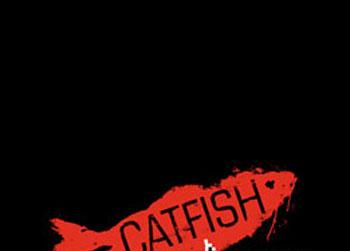Movie Review: Catfish

Sept. 10 2010, Published 7:53 a.m. ET
If Universal Pictures gets its way, you won’t know much about Catfish when you walk in the theater -- and that’s a good thing. A love story in essence, the movie follows appealing twenty-something Nev Schulman (who plays himself) and his two besties on on a journey to find a woman he meets on Facebook. What unfolds, however, has less to do with romance than with how our lives are lived online -- and how movie studios are racing to keep up.
A DIY fiesta of hand-held shots, grainy scenes and occasionally poor sound filled in with subtitles, Catfish is, ostensibly, a real story shot by real people. With its amateurish production value and fresh-faced, unknown stars, the movie is a glimpse at the new generation of cinema verité -- but hardly goes as deep as its raw style might suggest. True to the movie’s theme, much of the storytelling is done through text and photos on computer screens (usually Facebook accounts) which, on the one hand, is admirable in its sheer mundanity: this is how most people of a certain age spend an inordinate amount of time, so shouldn’t we sit in the dark for 90 minutes and contemplate it?
On the other hand, shouldn’t we forget about “shoulds” at the movies, and just get lost in the story? On the whole, Catfish succeeds, riding largely on the charisma of leading-man Nev, who’s more than appealing. With perfect teeth and an artsy side, he draws us in to his world with its mix of virtuality and reality, set to a sweet, original soundtrack and punctuated with understated humor. He’s awkward, he’s arrogant, he’s funny, he’s smart, and even a little naive. But most of all, his belief in finding love somewhere in the thicket of wires and distance and technology makes us want to believe it, too.
But while Catfish’s reliance on text (and yes, on Facebook) is impressively seamless and drives an incredibly well-paced narrative -- these guys obviously update their Facebook statuses on the hour-- it can also feel lazy, with a lot of telling going on, instead of showing. The style is at once interesting and distracting, making for a lovely story that, much like online communication itself, keeps its hip, privileged characters from getting too far below the surface, where someone might just get hurt.



